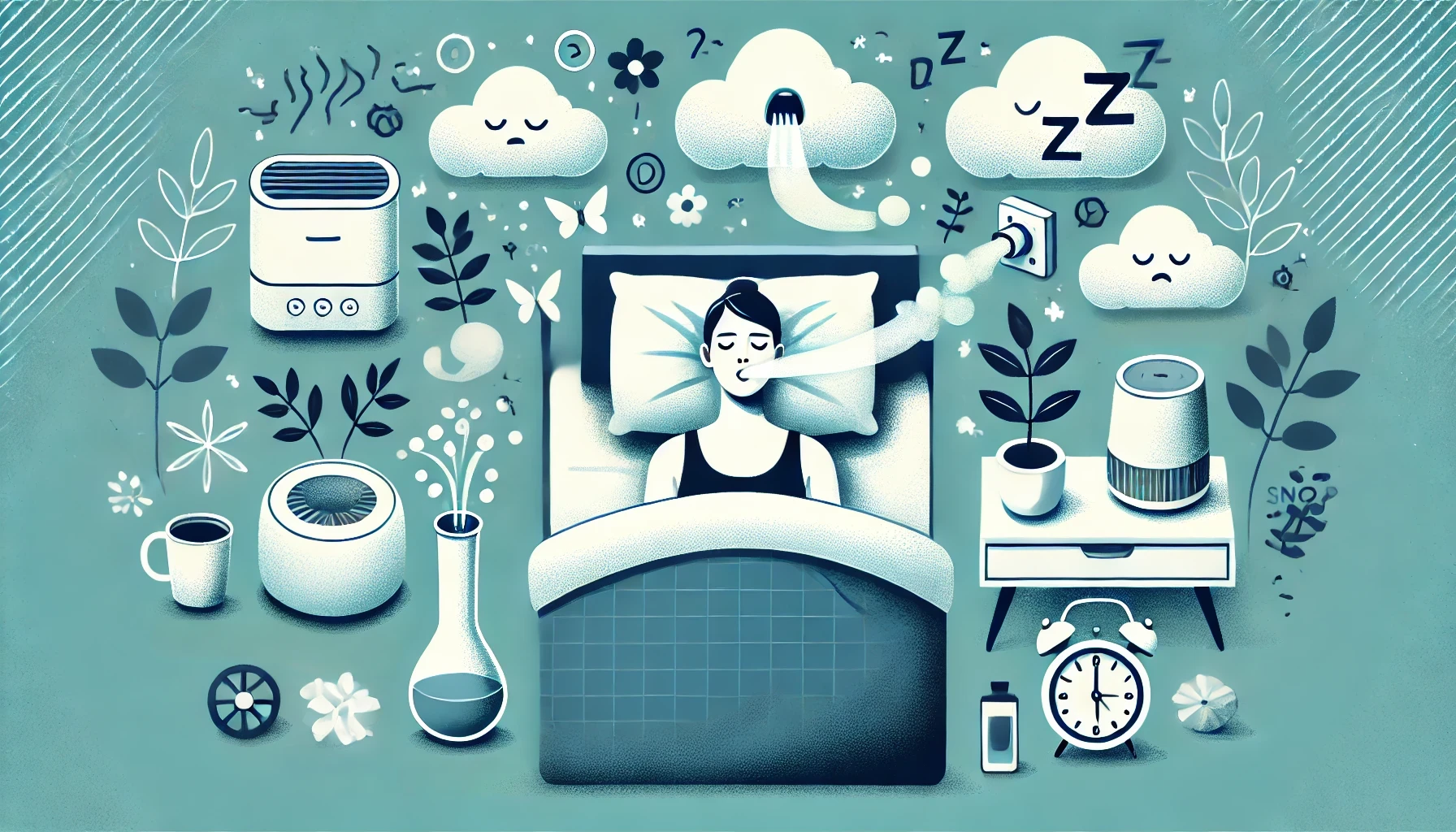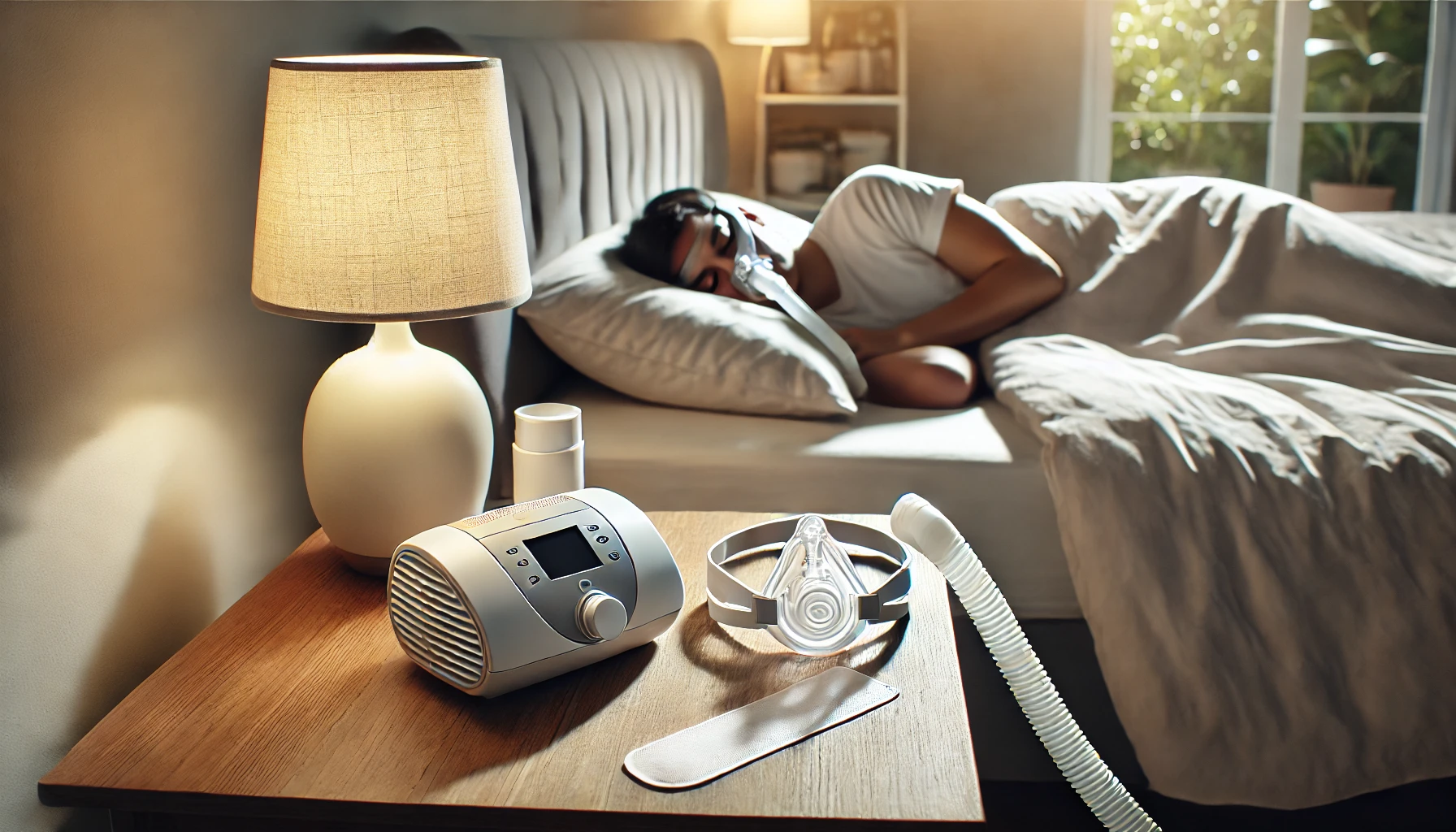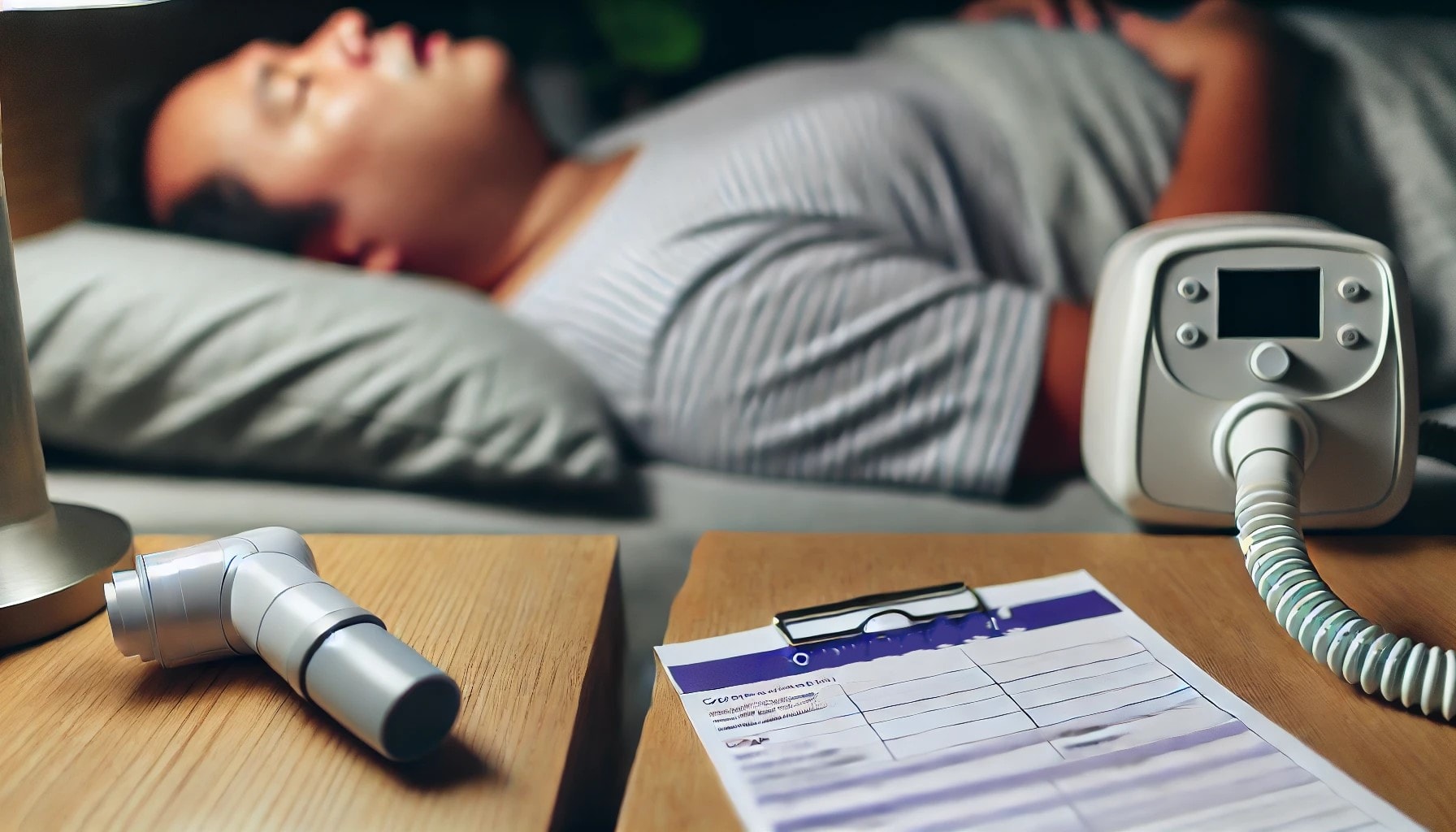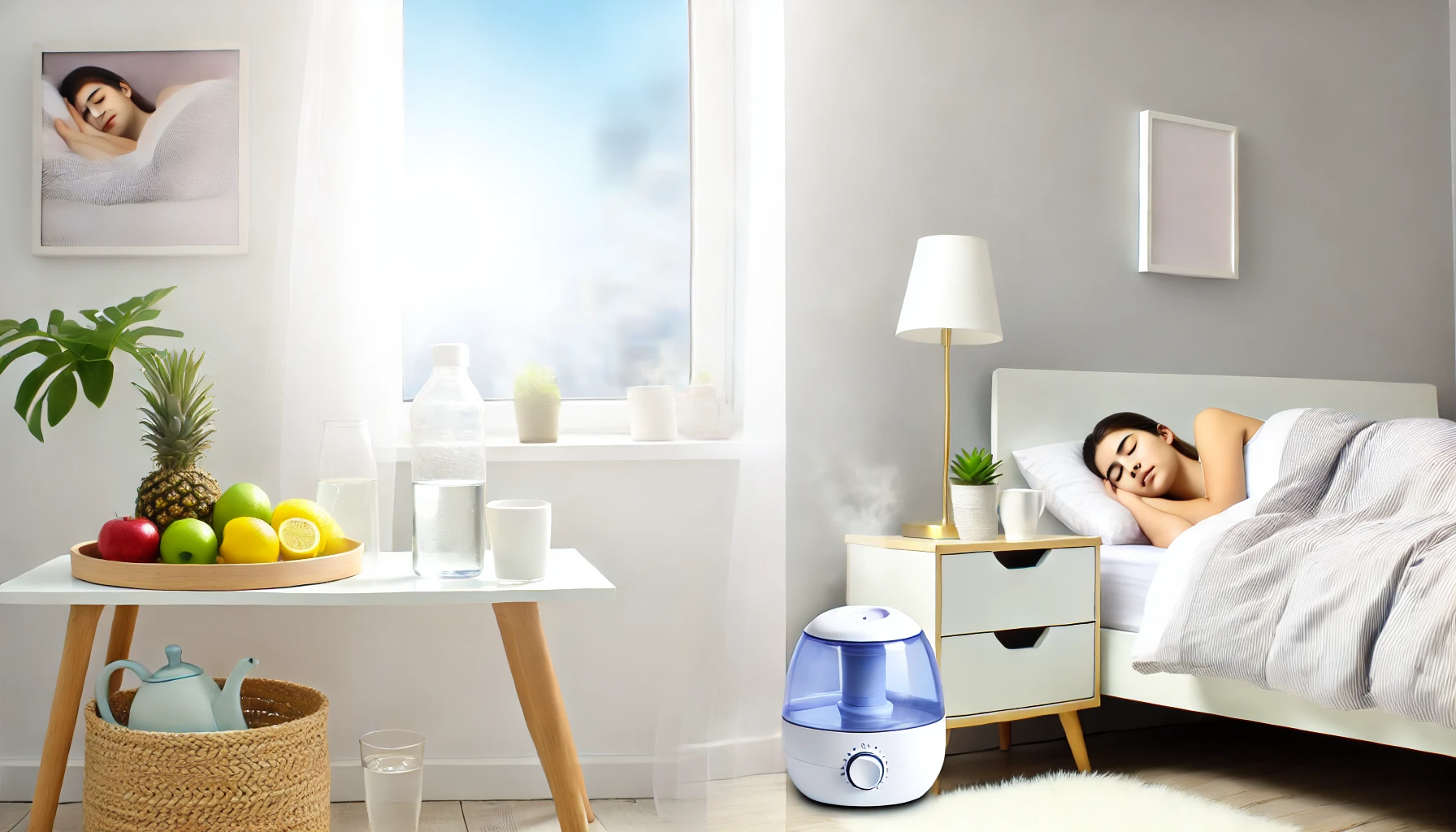Snoring is a common problem that can disrupt not only your sleep but also the sleep of those around you. We will discuss the causes of snoring and explore effective snoring treatment options to help improve your quality of sleep and overall well-being.
While snoring can be harmless in some cases, it may also indicate underlying health issues such as sleep apnea.
Common causes of snoring and how to address them
Several factors contribute to snoring, including nasal congestion, obesity, and sleep position. Nasal congestion from allergies or colds can block airways, exacerbating snoring. Utilizing nasal strips or decongestants may offer relief.
Obesity leads to excess tissue in the throat, which can vibrate during sleep. Weight loss through a balanced diet and exercise may reduce snoring symptoms.
Additionally, sleeping on your back tends to worsen snoring due to the tongue and soft palate collapsing against the throat. Switching to a side-sleeping position or using a specialized pillow can help maintain an open airway, reducing the likelihood of snoring.
Snoring treatment: From devices to surgery
There are various snoring treatments available, ranging from simple devices to surgical interventions. Anti-snoring mouthpieces or mandibular advancement devices (MADs) are popular options; they hold the jaw forward, opening the airway and reducing snoring.
Nasal dilators can also be effective by increasing airflow through the nose. For those with severe snoring linked to sleep apnea, CPAP (Continuous Positive Airway Pressure) machines deliver steady air pressure to keep airways open during sleep.
Surgery is a more invasive option, involving procedures like uvulopalatopharyngoplasty (UPPP) or laser-assisted uvulopalatoplasty (LAUP) to remove excess tissue. Consulting a medical professional is recommended to determine the best treatment.
When to seek medical help
While snoring can be a nuisance, it may also indicate underlying health issues that require medical attention. Sleep apnea is a potentially serious condition where breathing repeatedly stops and starts during sleep.
Symptoms of sleep apnea include loud snoring, fatigue, morning headaches, and irritability. If you experience these symptoms or have been told by a partner that you often stop breathing in your sleep, consult with a doctor for proper diagnosis and treatment.
Lifestyle changes that can help reduce snoring
In addition to specific treatments, making certain lifestyle changes can also help reduce snoring. Avoiding alcohol close to bedtime can prevent throat muscles from relaxing and obstructing the airway.
Similarly, quitting smoking reduces inflammation in the airways, decreasing the likelihood of snoring. Maintaining a regular sleep schedule and getting enough exercise can also improve overall sleep quality and potentially decrease snoring.
Here are some effective ways to stop snoring:
- Change your sleeping position: Sleeping on your side can prevent the airway from being blocked, which often leads to snoring.
- Maintain a healthy weight: Excess weight, especially around the neck, can constrict the airway, making it more likely that you’ll snore.
- Use a nasal strip or dilator: Nasal strips or dilators can help open up the nasal passages, allowing you to breathe more easily during sleep.
- Treat underlying conditions: If your snoring is related to conditions such as sleep apnea, seek every medical treatment to manage the problem and improve your quality of life.
- Avoid alcohol before bed: Alcohol relaxes the muscles in your throat, increasing the likelihood of snoring.
Summary
Snoring can have a significant impact on your life and sleep quality, but there are several effective snoring treatment options that can help. From simple lifestyle changes like adjusting your sleep position and maintaining a healthy weight, to medical treatments for more severe cases, there are ways to reduce or stop snoring altogether.
If your snoring is accompanied by other symptoms like daytime fatigue or gasping for breath during the night, it’s important to seek professional help as it is often linked to conditions like sleep apnea.
Questions and Answers:
What causes snoring?
Snoring is caused by the vibration of tissues in the throat due to a partially blocked airway during sleep.
Can snoring be a sign of a more serious condition?
Yes, in some cases, snoring can be a sign of sleep apnea, a sleep disorder where breathing repeatedly stops and starts during sleep.
How can I stop snoring naturally?
Sleeping on your side, maintaining a healthy weight, and avoiding alcohol before bed can help reduce snorking naturally.
What medical treatments are available for snoring?
Medical treatments include Continuous Positive Airway Pressure (CPAP) machines for sleep apnea, nasal strips, and sometimes surgery to remove excess tissue from the throat.
Can weight loss help reduce snoring?
Yes, losing excess weight, especially around the neck, can reduce the pressure on your airway, helping you sleep without snoring.
Are there devices to help with snoring?
Yes, nasal strips, mouthpieces, and CPAP machines are all commonly used to prevent snoring and improve breathing during sleep.
Does alcohol make snoring worse?
Yes, alcohol relaxes the muscles in the throat, making it more likely that you’ll snore during the night.
When should I see a doctor for snoring?
If your snoring is loud, disruptive, or accompanied by choking or gasping during the night, you should see a doctor as it may be a sign of sleep apnea.
How does sleep apnea relate to snoring?
Sleep apnea is a condition that causes pauses in breathing during sleep, and snoring is often a symptom of this disorder.
Can snoring be cured completely?
While snoring treatment can reduce or eliminate snoring for many people, results vary depending on the underlying cause. Lifestyle changes, medical treatments, and surgery can help manage or stop snoring.















